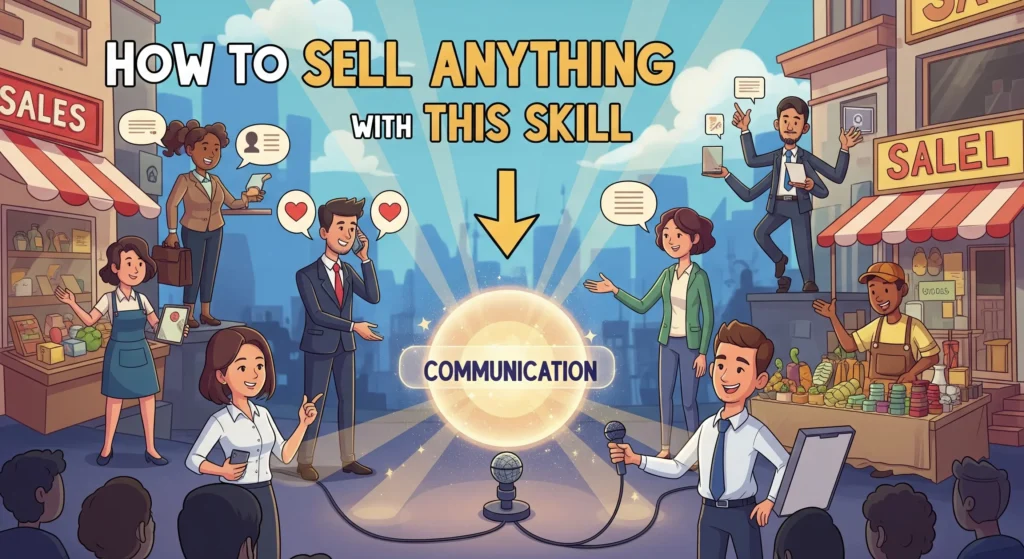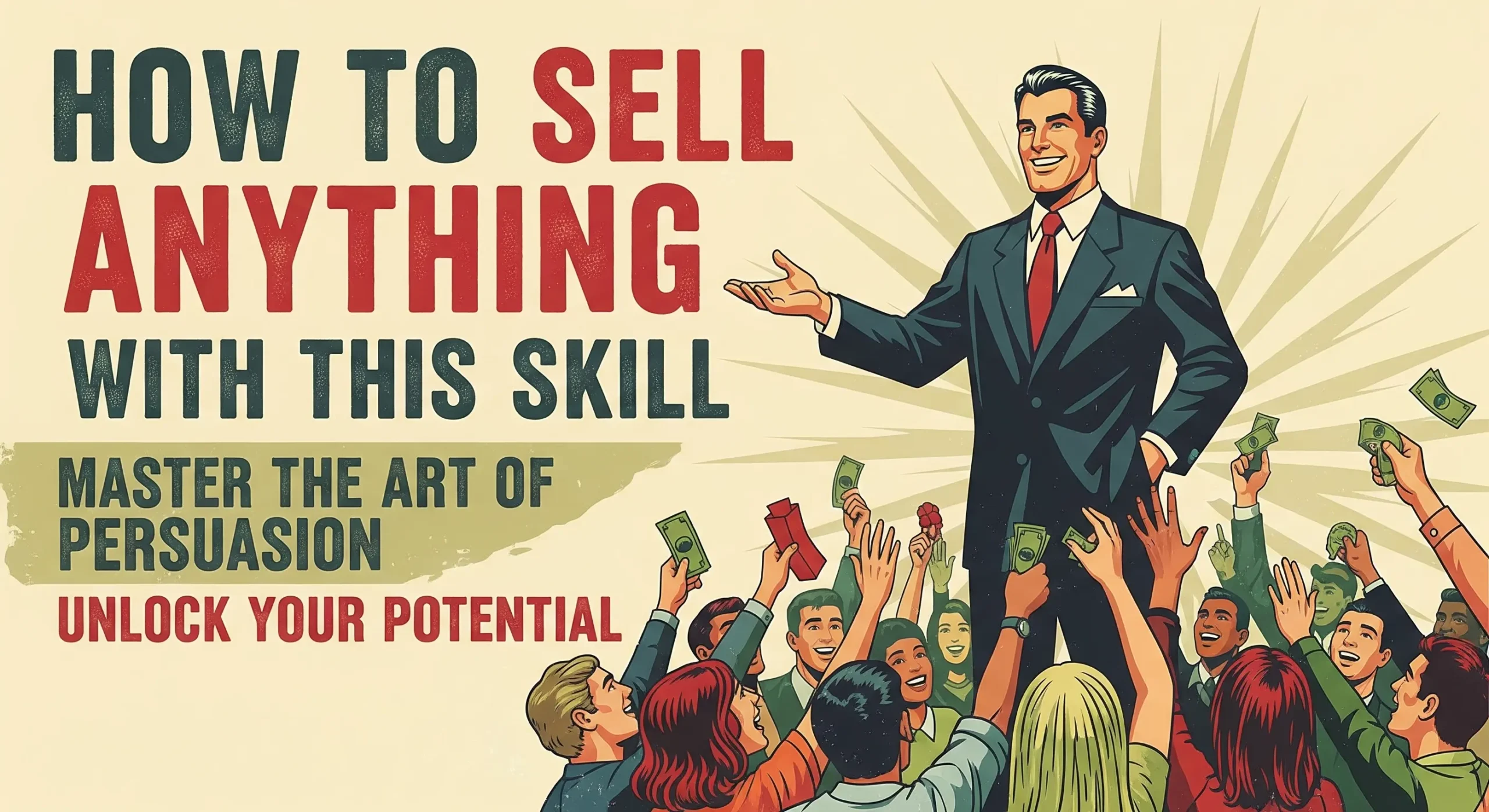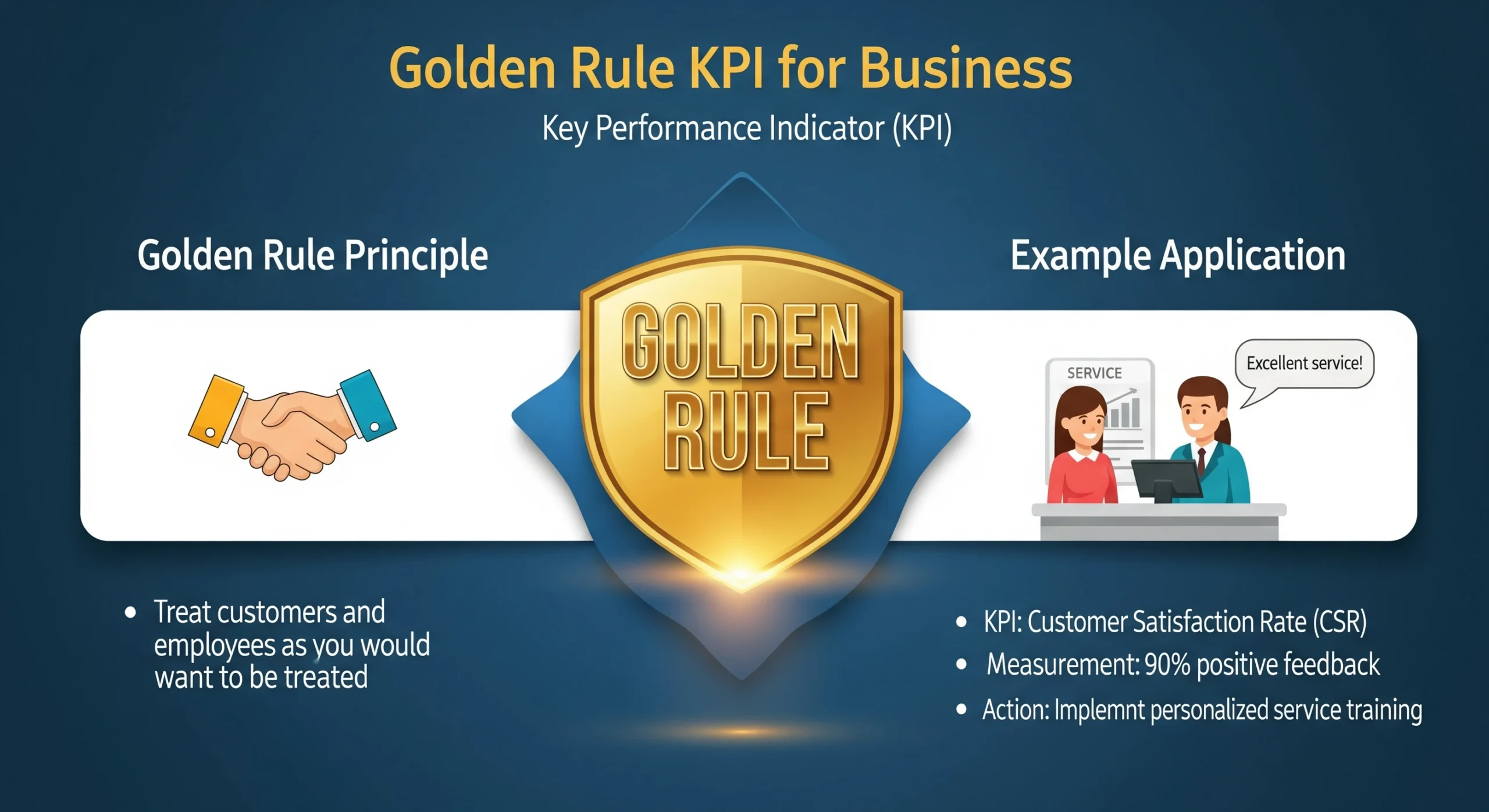Once you master this skill, you’ll be able to sell almost anything. You’ll learn how to sell both online and offline, each requiring different techniques and abilities. Some methods are simple, while others are more technical.
Overview
How to Sell Anything
Selling anything—whether it’s a product, a service, or even an idea—relies on mastering a blend of interpersonal, communication, and strategic skills. If you are willing to do, you must learn how to understand people, communicate value, and inspire trust across any context, not just traditional sales settings.

In essence, selling “everything” means selling value, trust, and belief. Mastering these core interpersonal and problem-solving skills will allow you to communicate that value effectively in any situation.
Skill Needed for Sell Anything
To sell anything effectively, you need a blend of interpersonal, strategic, and psychological skills that help you understand people, build trust, and communicate value. These skills are adaptable across industries—from tech to retail to services.
Core Skills Needed to Sell Anything
1. Empathy and Active Listening
This is the first thing you need to know if you want to sell anything to anyone. Begin by deeply understanding your customer’s needs, challenges, and emotions. Take the time to listen actively—this builds trust and helps you uncover what truly matters to them.
Practice empathy by putting yourself in their position and seeing the situation from their perspective.
“People don’t care how much you know until they know how much you care.” — Theodore Roosevelt
Strengthen your emotional intelligence to recognize how they feel and respond with care and authenticity.
Use this awareness to tailor your message so it connects with their desires, motivations, and goals. The more you understand your customer emotionally, the easier it becomes to communicate effectively and build lasting, meaningful relationships.
2. Communication and Storytelling
Without this skill you can not make a lead. So, Focus on communicating clearly and persuasively. Don’t just describe the features of your product—explain the real benefits and how they improve your customer’s life.
Tailor your message to your audience so it appeals to both their logic and emotions.
“Marketing is no longer about the stuff you make, but about the stories you tell.” — Seth Godin
Strengthen your storytelling skills by using relatable examples or real-life experiences that connect emotionally.
Stories make information easier to remember and help customers visualize the value you offer. Effective communication combined with authentic storytelling transforms your message from a simple explanation into an engaging experience that builds trust and inspires action.
3. Enhanced Data Analysis and Predictive Insights
If you’re a beginner, you may not have enough data to accurately understand or predict the market. It’s important to recognize why data is essential for making informed decisions.
Today, AI algorithms can analyze and interpret vast, complex datasets much faster than humans. By identifying patterns and trends, AI enables marketers to predict customer behaviors such as purchasing intent or potential churn.
These insights support data-driven decision-making, allowing marketers to optimize campaigns in real time and respond proactively to market changes.
“Without data, you’re just another person with an opinion.” — W. Edwards Deming
AI also tracks social media conversations and customer feedback to detect emerging trends and shifts in sentiment, helping brands stay relevant, responsive, and aligned with audience expectations.
4. Product Knowledge
You need to master both product knowledge and market awareness to sell successfully. So, Learn your product inside-out so you can confidently explain its features, benefits, and unique value to your customers.
Use this knowledge to tailor your pitch to their specific needs and solve real problems.
“Knowledge is power. Information is liberating. Education is the premise of progress.” — Kofi Annan
Next, you understand the market landscape by keeping up with competitors, trends, and customer preferences. This awareness helps you position your product effectively, anticipate objections, and stay ahead of industry shifts.
Therefore, Combining these skills allows you to build trust, deliver relevant solutions, and create compelling value propositions that resonate with your audience and drive conversions.
5. Relationship Building
You can build strong relationships in sales by fostering trust and loyalty that encourage repeat business. Focus on more than just closing deals—demonstrate honesty, reliability, and genuine care for your clients’ needs.
Be consistent in your actions, follow through on promises, and communicate transparently.
“The key is to listen, not to sell. Trust is built when people feel heard and valued.”
Practice active listening to understand your customers deeply, and respond with empathy and sincerity.
Provide value beyond the sale by offering support and insights that help your clients succeed. By nurturing mutual respect and understanding over time, you can turn one-time buyers into long-term partners built on trust and dependable collaboration.
6. Curiosity and Continuous Learning
You should cultivate curiosity and commit to continuous learning to become a top seller. Regularly refine your skills by exploring new tools, understanding customer psychology, and staying updated on effective sales strategies.
“The capacity to learn is a gift; the ability to learn is a skill; the willingness to learn is a choice.” — Brian Herbert
Embrace digital literacy by mastering CRM systems, social media platforms, and analytics tools.
Use these technologies to track leads, monitor customer interactions, and personalize your outreach for maximum impact. Continuously analyze your performance and adapt your approach based on insights. By combining curiosity with digital skills, you can improve efficiency, build stronger relationships, and achieve consistent sales success.
7. Problem Solving
You should focus on problem-solving and creating value to succeed in sales. Position your product as a solution that addresses your customers’ specific needs and challenges. Help them visualize how your product can improve their life or business by highlighting tangible benefits and practical outcomes.
“Sales is not about selling a product, but about solving a problem.” — Experts
Great sellers go beyond simply promoting a product—they actively diagnose problems, listen carefully to customer concerns, and propose meaningful solutions that demonstrate real value. By approaching sales this way, you build trust, strengthen relationships, and show customers the true benefits of what you offer.
8. Persuasion and Negotiation
You should develop strong persuasion and negotiation skills to close sales effectively. Handling objections with confidence and professionalism is essential. Be prepared to listen to customer doubts and pushback, and approach them as opportunities rather than obstacles.
“You don’t close a sale, you open a relationship if you want to build a long-term, successful enterprise.” — Patricia Fripp
Use careful questioning, active listening, and empathy to understand the root of objections. Reframe challenges to highlight solutions and offer alternatives that meet your customer’s needs. Negotiating fairly and influencing decisions ethically helps you build trust and close deals confidently.
9. Adaptability and business acumen
You should develop adaptability to succeed in sales, as every customer is unique. Tailor your approach, messaging, and methods to fit the context and audience. Combine this with strong business acumen by understanding market trends, competitors, and the financial implications of your solutions.
This allows you to speak the same language as your buyers and demonstrate the real business value of what you offer.
“The most successful salespeople are those who can adapt and respond, not just react.” — Experts
Use emotional intelligence to read the room, adjusting your tone, pitch, and approach based on your customer’s personality and mood.
10. Resilience and Follow-Up
You should cultivate resilience and master follow-up to succeed in sales. Not every prospect will convert immediately, and rejection is a natural part of the process. Stay motivated, learn from setbacks, and adapt your approach without losing confidence.
“It’s not how far you fall, but how high you bounce that counts.” — Zig Ziglar
Follow up consistently—timely, respectful check-ins demonstrate commitment and keep the conversation alive.
Strike the right balance by being persistent without being pushy. Treat each interaction as an opportunity to build trust, clarify value, and move closer to a sale. By staying engaged and learning from each “no,” you increase your chances of turning prospects into long-term customers.
How to Develop These Skills
- Practice real conversations with friends or mentors to sharpen your persuasion and listening abilities.
- Observe effective sellers, online or in person, to study their tone, body language, and timing.
- Take courses in communication, negotiation, and emotional intelligence to strengthen your soft skills.
- Build feedback loops by recording sales calls or reviewing customer reactions so you can learn and adapt.
Bonus: The “Sell Anything” Mindset
- Curiosity – Always ask questions and seek to understand.
- Authenticity – People buy from those they trust.
- Service-first attitude – Focus on helping, not just closing.
Whether you are selling a product, an idea, or yourself in an interview, these skills form your universal toolkit. Additionally, You can also practice a pitch or refine your sales strategy for a specific product to gain real confidence.





Leave a Reply